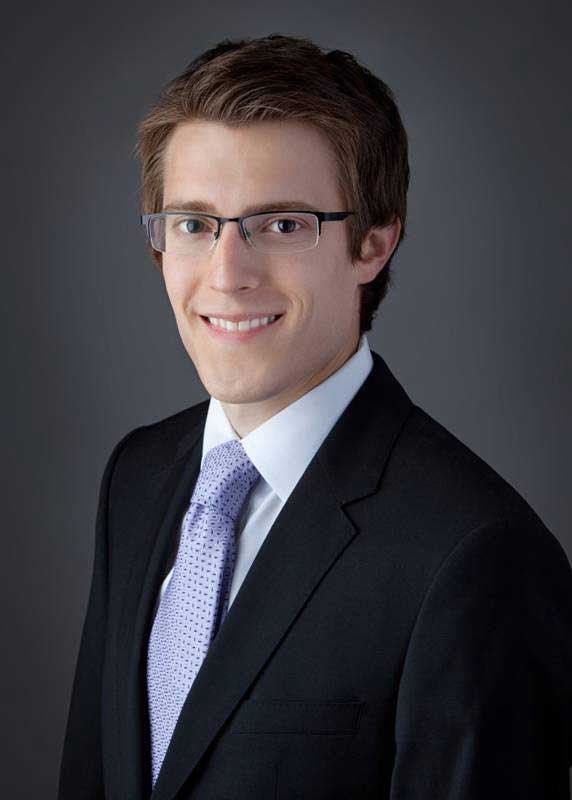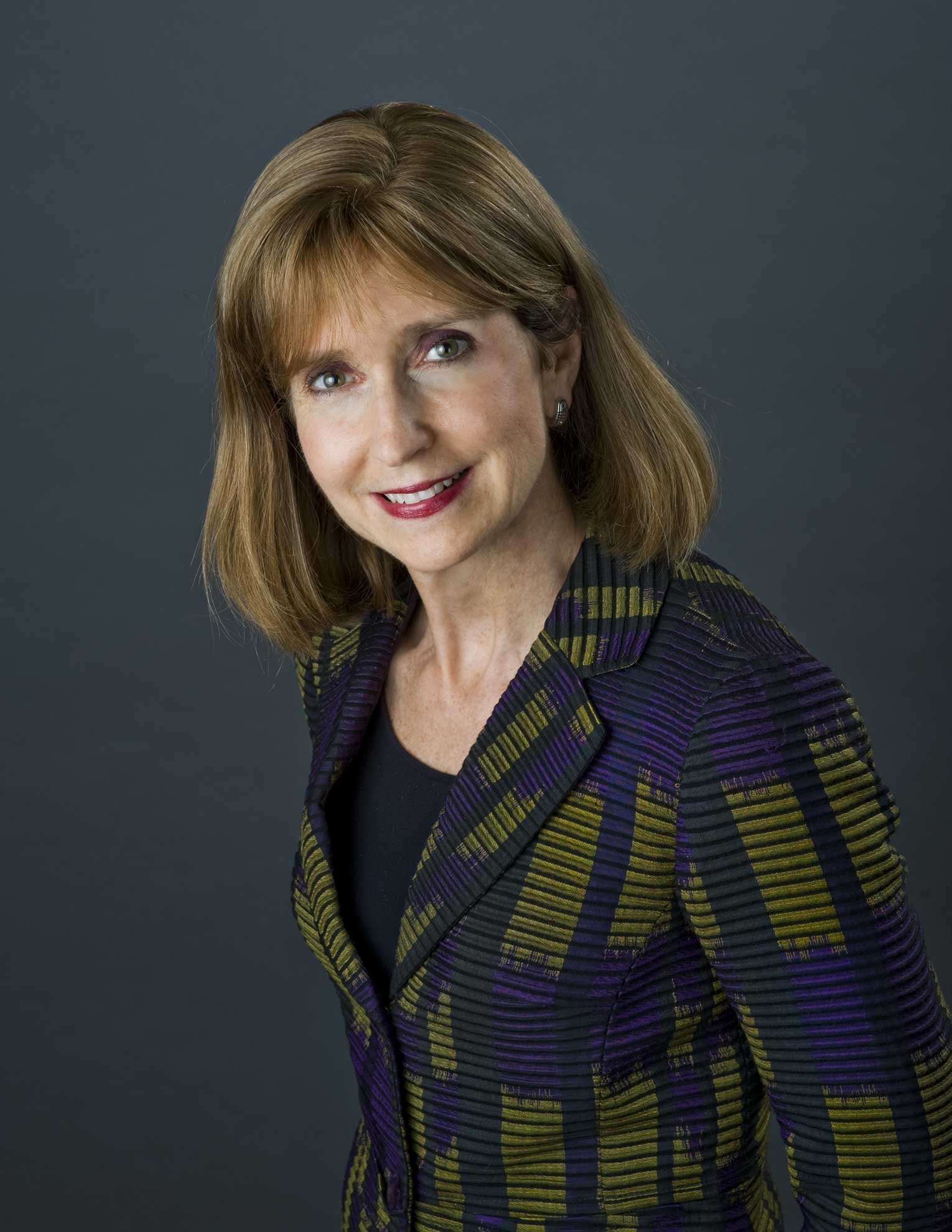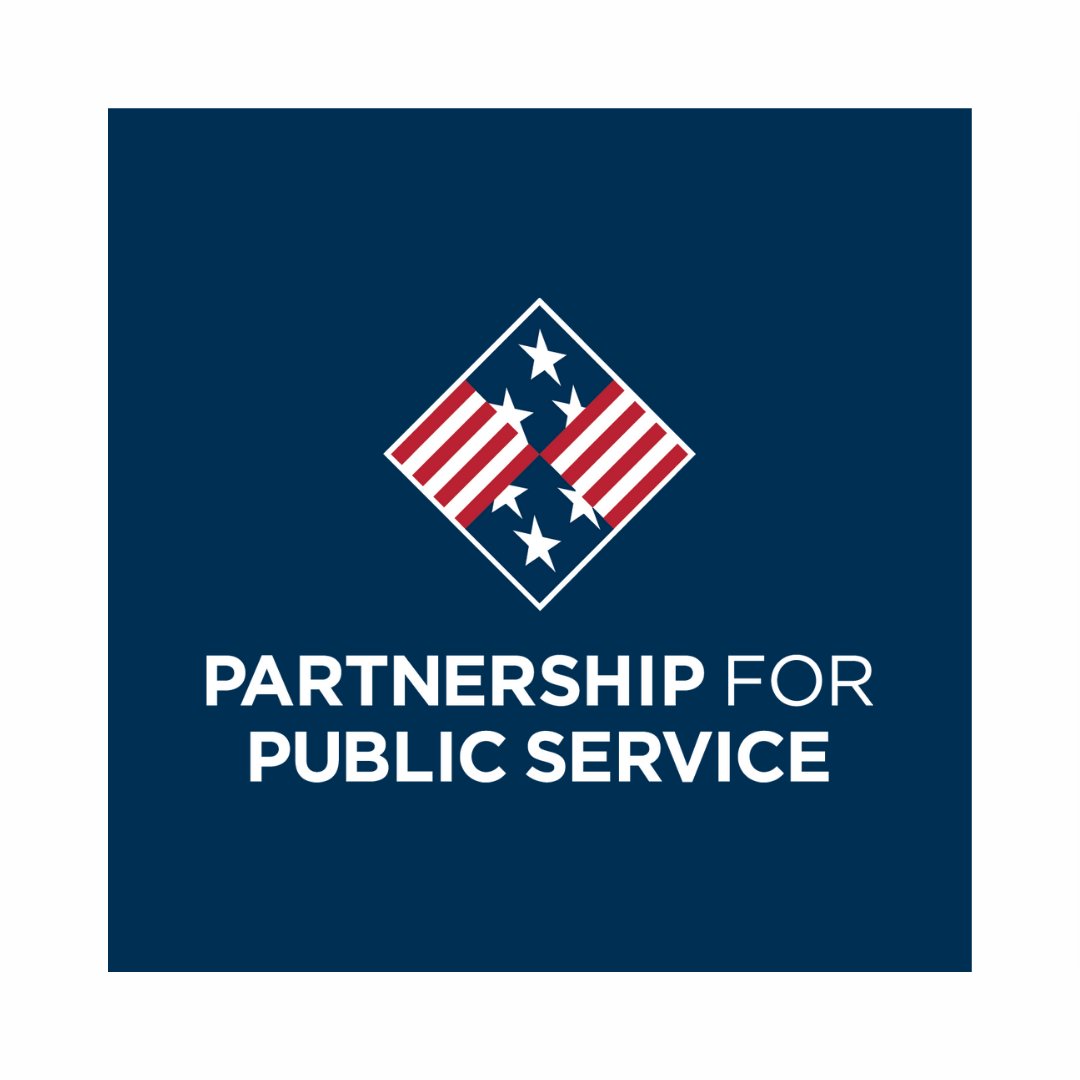
RFG is pleased to present the first in a series of official alumni spotlights. This month we feature William Creedon (UMD SPP, ‘18), a Presidential Management Fellow at the Office of Management and Budget.
Creedon graduated cum laude from Macalester College with a B.A., majoring in economics and minoring in statistics.
Having lived and worked in Illinois, California, and North Carolina, William is proud to have spent his childhood in Minnesota.
What or who prompted you to focus on public service?
There was no single experience or person. It began with my grandparents’ habit of talking about politics, then my interest in history during public school years, and, as a tipping point, my realization while working in a private sector job I didn’t like after college, watching “Parks and Rec”, that I was meant to be a public policy and public service guy. I also benefited since undergrad from a great advisor, Prof. Sarah West, who taught me about the richness and challenges of public finance and economic policy.
How has the Robertson Fellowship influenced your career to date?
The Robertson Foundation always reminds me of the ideal of civil service, and that people of all walks of life and nationalities depend on the professionalism of American civil servants, whether in foreign policymaking, foreign service, or elsewhere. It has also made me more motivated to hold leaders to high expectations and personally commit to ongoing learning and professional growth.
Were there specific graduate courses that you found prepared you especially well for government service?
I would say my U.S. foreign policymaking process and program evaluation courses. Policymaking helped me appreciate the interconnectedness and complexities of both the executive branch bureaucracy and our shared-powers government, as well as the importance of being a quick study and clear communicator. Evaluation because it taught me how to make rational inferences and define and measure performance in policy situations that so often require decisions with very limited information.
What excites you most about working in your public service career?
I love the opportunities public service provides for meeting great people and learning about complex governance issues and policies. I also feel good about contributing professionally to a country with, generally speaking, such an inspiring narrative and set of values; it’s far from perfect, but I feel the “American experiment” has refined itself and its aspirations in often very positive ways.
Is there an experience in your government position that has been/was particularly enlightening or surprising to you?
The retirement parties of two long-tenured budget technocrats at OMB shortly after I arrived. My eyes were opened to the importance of office culture and institutional memory in maintaining the functioning of good government (and occasionally bad). And how political officials have a significant opportunity to make things in their agencies better, but a much smaller ability to do harm, fortunately, at least in the short-term. The former underscores the importance of managing the civil service to prevent brain drain as older servants retire, and the latter underscores the power of political officials to bring positive leadership, if they bring the talent and find the pluck to do so.
Are there particular resources that you recommend to individuals interested in a career in public service?
I’ve always found GovLoop to be a helpful general resource for current and prospective public servants. I think The Hill and Politico are useful news sources, and the Congressional Research Service is fantastic when you need to do a deeper dive. I’m probably a tad biased (and a total nerd), but I think it’s very helpful to have at least a basic understanding of how the appropriations and budget process works (and what Congress has to pass each year if they want to keep the government running!), and to know where to find statutes (agency websites, uscode.house.gov, or law.cornell.edu). The Congressional Research Service provides appropriations tracking, and GAO has a great glossary of budget terms.
What advice do you have for current fellows and early career professionals as they pursue a career in public service?
Be patient with the processes of governing, but quick to make starts. I’ve usually made mistakes when I try to make ‘executive’ or concluding decisions too quickly because something feels like it is dragging. And you lose opportunities to build strong collaborative relationships – even though it takes more time and may feel tedious, you honor your colleagues by offering to include them in decisions and recommendations. Not only does this lead to better, longer-lasting solutions, but these relationships (and the accompanying positive reputation you earn) pay dividends throughout your career. But be quick to make starts – it’s far easier to tell your leadership that something might be an issue, that you might not understand how to do something, or to involve colleagues or offices that might have objections or helpful views, and to walk it back when you figure it out, than to sit on something. This approach will also help you learn your job a lot faster so that over time there are fewer false alarms.


